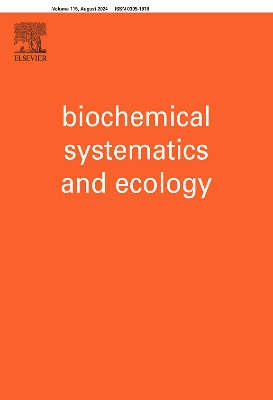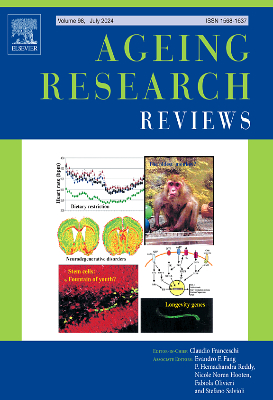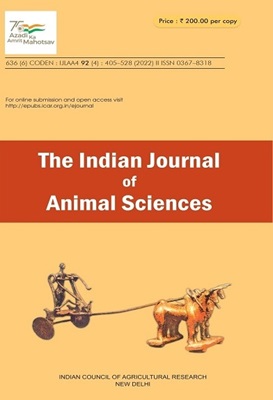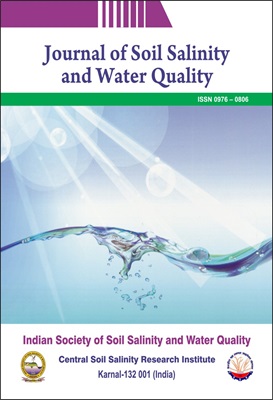Description
Biochemical Systematics and Ecology is devoted to the publication of original papers and reviews, both submitted and invited, in two subject areas: I) the application of biochemistry to problems relating to systematic biology of organisms (biochemical systematics); II) the role of biochemistry in interactions between organisms or between an organism and its environment (biochemical ecology). In the Biochemical Systematics subject area, comparative studies of the distribution of (secondary) metabolites within a wider taxon (e.g. genus or family) are welcome. Comparative studies, encompassing multiple accessions of each of the taxa within their distribution are particularly encouraged. Welcome are also studies combining classical chemosystematic studies (such as comparative HPLC-MS or GC-MS investigations) with (macro-) molecular phylogenetic studies. Studies that involve the comparative use of compounds to help differentiate among species such as adulterants or substitutes that illustrate the applied use of chemosystematics are welcome. In contrast, studies solely employing macromolecular phylogenetic techniques (gene sequences, RAPD studies etc.) will be considered out of scope. Discouraged are manuscripts that report known or new compounds from a single source taxon without addressing a systematic hypothesis. Also considered out of scope are studies using outdated and hard to reproduce macromolecular techniques such as RAPDs in combination with standard chemosystematic techniques such as GC-FID and GC-MS. In the Biochemical Ecology subject area, studies addressing the role compounds play in the ecology of the organisms producing them are invited. Moreover, manuscripts that address hypothesis associated with the influence of factors such as altitude, geography, and seasonal variation on the expression of primary and secondary metabolites are encouraged.Research papers should generally represent a complete investigation and not preliminary data. Preliminary reports will only be considered where findings are of sufficient interest to justify rapid publication. New Source Reports will only be considered in cases where a significant chemosystematic or ecological finding is reported. New Source Reports have to be written in a standard format (Example).











